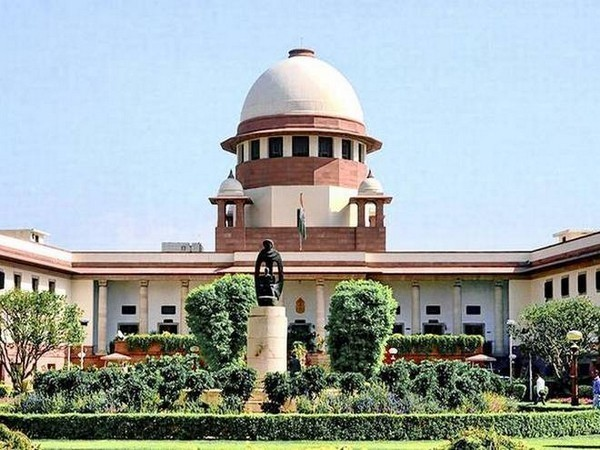


The Supreme Court in the case Har Naraini Devi vs Union of India observed and has upheld the constitutional validity of Section 50(a) of the Delhi Land Reforms Act, 1954.
The bench comprising of Justice Hemant Gupta and the Justice Vikram Nath observed and has stated that any State enactment relating to Agricultural land tenures is a special law. The court also noted that the 1954 Act deals with fragmentation, ceiling, and devolution of tenancy rights over agricultural holdings only,
Section 50 of the Act.
It is provided under Section 50 that when a Bhumidhar or Asami being a male dies, his interest in his holding shall devolve in accordance with the order of the succession given below: a) Male lineal descendants in the male line of the descent: It is provided that no member of this class shall inherit if any male descendant between him and the deceased is alive: It is further provided that the son or sons of a predeceased on how low so ever shall inherit the share which would have devolved upon the deceased if he had been then alive: b) Father c) Widow d) Mother, being a widow; e) Step mother, being a widow; f) Father’s father g) Father’s mother, being a widow; h) Widow of a male lineal descendant in the male line of descent; i) Brother, being the son of same father as that of the deceased; j) Unmarried sister; k) Brother’s son, the brother having been a son of the same father as the deceased; l) Father’s father’s son; m)Brother’s son’s son; n) Father’s father’s son’s son; o) Daughter’s son. Further, this rule is subject to the provisions of Section 48 and 52.
Background of the Case:
Before the Delhi High Court, the contentions raised are as follow:
(i) violation of Article 14; (ii) women are being discriminated despite world over the rights of women were being empowered; (iii) The Hindu Succession Act, 1956 would prevail over the 1954 Act. While dismissing the petition, it was noticed by the High Court that the Act had been placed in the Ninth Schedule to the Constitution much prior to the judgment in the case of Kesavananda Bharati vs. State of Kerala, and that Article 31(B) of the Constitution of India extended immunity to such legislation.
However, No question of
repugnancy
Before the Apex Court, the contentions made were that the 1954 Act would be hit by Article 254 of the Constitution for the reason that the Hindu Succession Act 1956 Act is enacted by the Parliament wherein the 1954 Act is a State Act. Further, it is also submitted that the 1956 Act is a special law and the 1954 Act a general law. In this regard, the court noted that to any matter enumerated in List III but it is referable to Entry 18 of List II, the 1954 Act is not referable. Thus, in view of Article 254 of the Constitution, no question of repugnancy would arise.
The State enactment which is related to Agricultural land tenures is a special law.
Before the court, another contention made was that 1956 Act is a special law and 1954 is a general law. It was observed by the court that any State enactment relating to Agricultural land tenures is a special law. Thus, the bench also rejected the contention re: Gender bias/ women empowerment, observing that there can be no challenge to the 1954 Act as the said legislation is included in the Ninth Schedule of the Constitution.
While dismissing the appeal, the bench observed that the reason is that the 1954 Act, as held above is a special law, dealing with fragmentation, ceiling, and devolution of tenancy rights over agricultural holdings only, whereas the 1956 Act is a general law, the Act providing for succession to a Hindu by religion as stated in Section 2 thereof. The absence or existence of Section 4(2) in the 1956 Act would be immaterial.